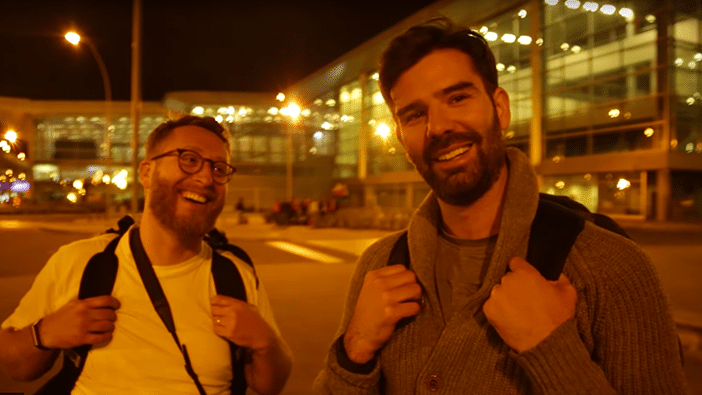Written by Cassandra Handley, Hult contributing blogger.
Coffee. It makes up the ninth-most traded product group in the world, is worth over $100 billion worldwide, and is one of the most consumed beverages on earth—but you already knew that last part.
As CRU Kafe CEO, founding partner, and Hult International Business School alum, Colin Pyle, found when launching the business in 2013, coffee is a lot more global and in-depth than the instant capsules sitting on countertops worldwide lead us to believe.
As the first segment in a new documentary series about CRU Kafe debuts on Jamie Oliver’s Food Tube channel in April, Hult spoke with the Toronto, Canada native, and serial entrepreneur whiz on his company’s journey to combine delectable coffee with solid ethics, righting the environmental wrongs of the long-standing coffee industry, and how his education and career have put him exactly where he hoped to be: a global citizen leading the global generation.
It all started with throwing coffee pods away morning after morning.
When the patent came off the coffee capsule in late 2012, it prompted the question that Bodil Blain, who would become CRU’s co-founder, along with Colin and The Food Busker YouTube star chef, John Quilter, would set out to answer: Why couldn’t there be a more conscious coffee capsule that was good-tasting and better for the environment?
[Tweet “Coffee pod industry pulls in nearly $14 billion a year in revenue.”]
One of Colin’s first jaunts into researching the market produced a staggering statistic: the coffee pod industry pulls in nearly $14 billion a year in revenue. “So I thought,” explains Colin, “with Bodil, who can get us in anywhere, and John Quilter, who brings enormous credibility to the brand as a chef and a product guy, how can I not make this successful? With that market and my two co-founders, I was confident we could make a go of this.” Which led to building CRU’s brand on taste and an environment-focused mission.
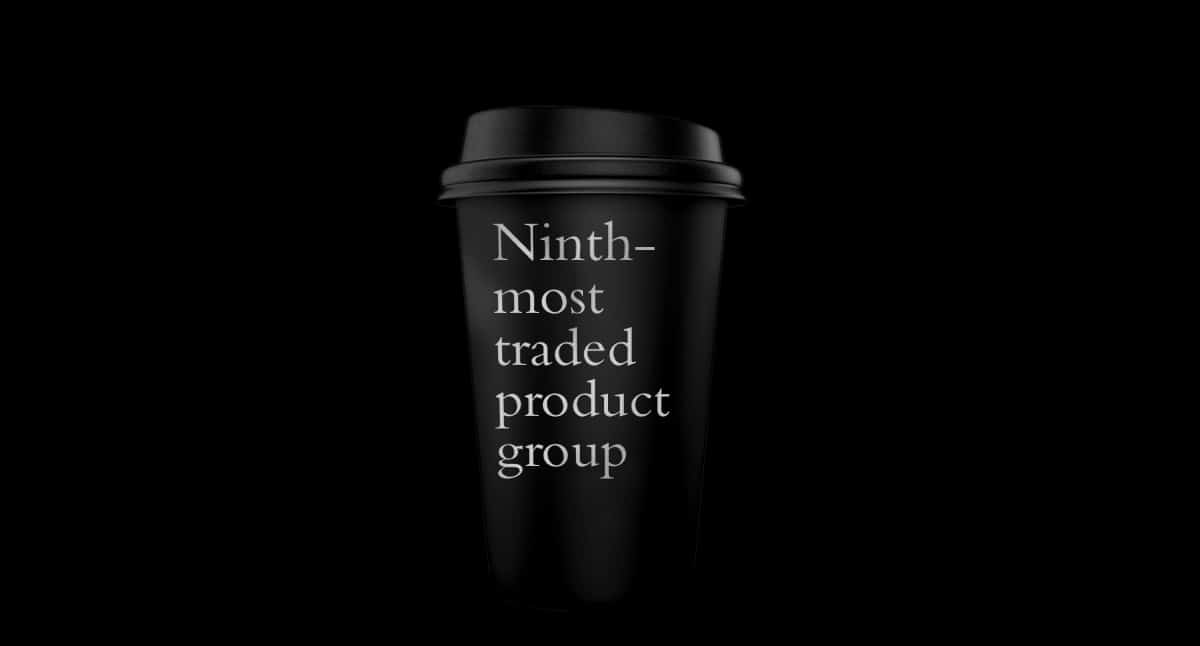

Like craft beer, chocolate, and ingredients on restaurant menus, the world is becoming a place where customers are demanding more information about products’ origins. Gone are the days where the coffee experience is only about caffeine and convenience.
“We want CRU to be recognized as a great-tasting, high-quality product that’s ethical and environmentally friendly.”
“We’re in a phase of exploring the potential of coffee. We’re more about quality, more about taste, more about provenance, more about different coffee products. We’re called CRU Kafe right now, but we’re building a brand called CRU that will stand for luxury coffee staples” says Colin. “We want CRU to be recognized as a great-tasting, high-quality product that’s ethical and environmentally friendly.” Quickly, CRU set out to improve the entire coffee process from planting to packaging.
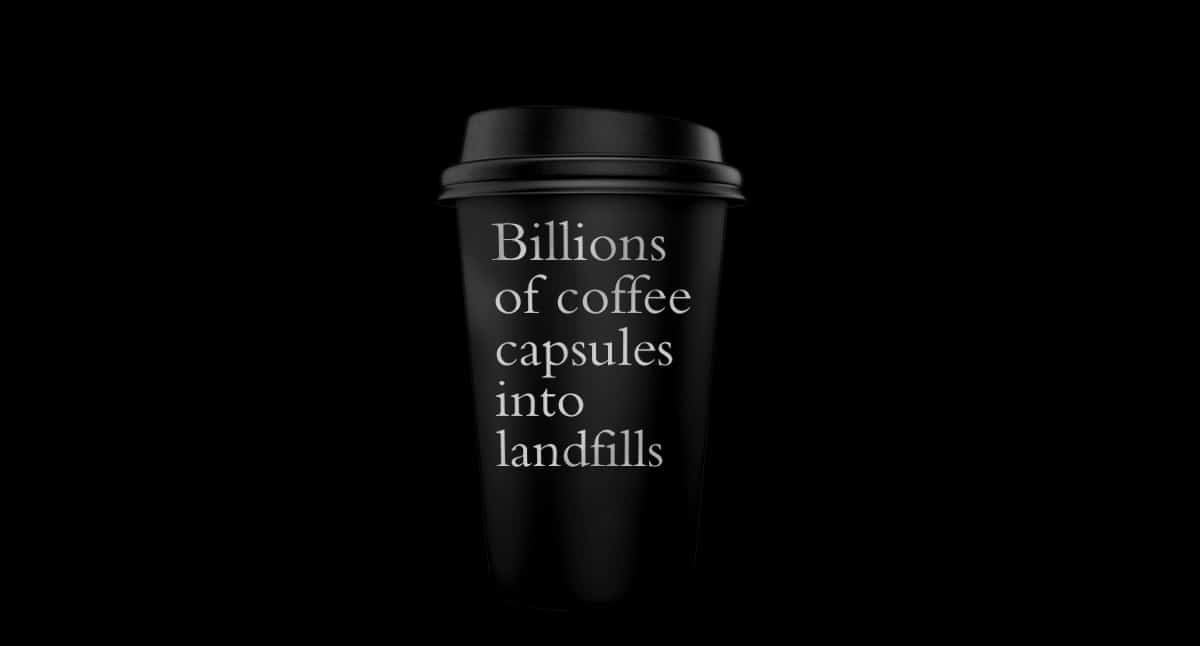

Every year, billions and billions of coffee capsules, which due to their plastic/aluminum makeup are difficult to recycle, burden the earth. “Upon hearing that, I thought, ‘Let’s do this in a more sustainable way and in a way where everyone wins along the long supply chain. Let’s stop with throwing billions of capsules into landfills every year,’” Colin says.
“But as much as people want to talk about the importance of environmentally friendly packaging, I’m not seeing it as a priority in their spending habits.”
The quest to make environmental packaging more affordable and accessible has become one of Colin’s biggest challenges. “In many places, consumers are prepared to pay more for an organic product, but as much as people want to talk about the importance of environmentally friendly packaging, I’m not seeing it as a priority in their spending habits. They’d rather save some money and look the other way, which is disappointing.”
Colin’s undertaking now is to clarify the messaging and marketing around the terms ‘biodegradable,’ ‘compostable,’ and ‘recyclable,’ and eliminate the confusion in the marketplace about what customers are paying for with those terms.
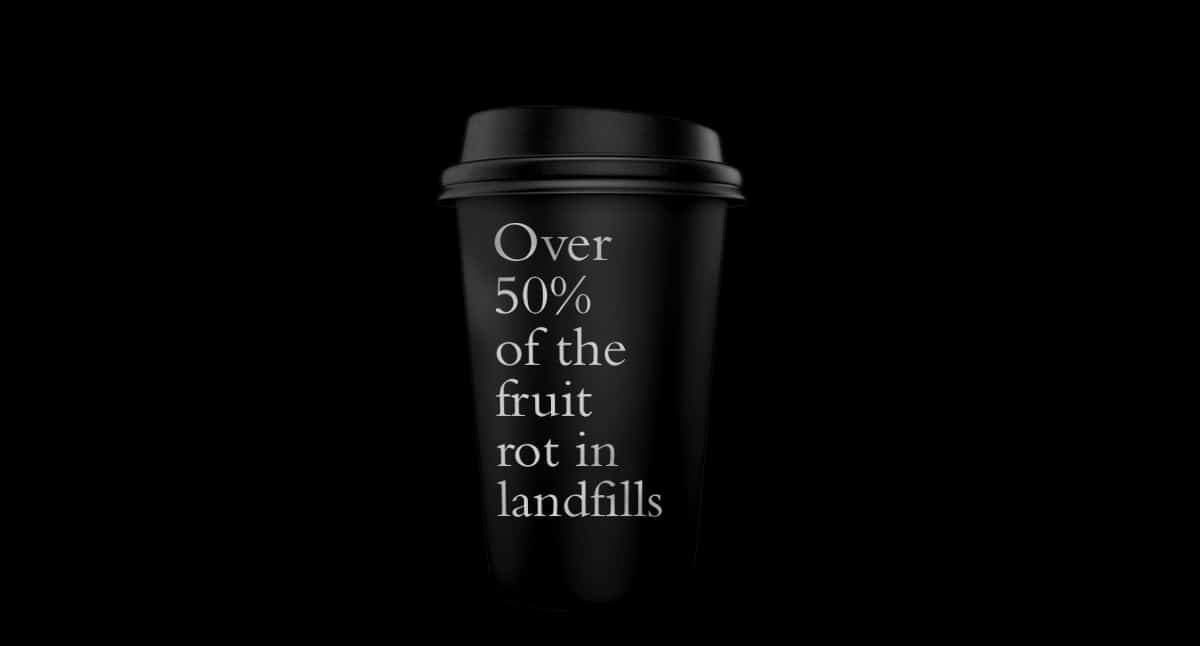

Then the business expanded beyond poured coffee, with a focus on coffee flour and an even bigger focus on the environment.
One of the largest waste by-products in the coffee industry is the coffee cherry, which most people don’t even know is a thing. A quick explanation: Coffee beans are actually seeds within the coffee cherry. As the ‘beans’ are harvested, the cherry pulp and juices, get discarded. Sometimes the coffee growers put a little bit into fertilizer or compost, but over 50% of the coffee fruit is discarded, left to rot in landfills and pollute the nearby earth.
Colin and CRU have worked with some farmers to dry the cherry, mill the dried cherry, and the turn it into coffee flour. “And so we’re able find a new use for what’s typically a waste product. We can cook with it, it’s got more potassium than bananas, and it’s gluten free. It’s like a super food,” Colin explains. “We are in the very early stages of building out that supply chain to work with farmers and teach them how to mill the coffee flour.”
Check out a favorite recipe that uses coffee flour here.
And if it isn’t already obvious, global citizenship touches every aspect of Colin’s day-to-day.
Even before studying for his MBA at Hult’s London campus, Colin knew, as he words it, “The world is a global place and my next business needed to be global.”
[Tweet “Fundamental to expanding business to all corners of the earth is knowing the right people.”]
Fundamental to expanding business to all corners of the earth is knowing the right people. “Having a global network of individuals who I spent six to twelve months intensely working alongside has been amazing, even all these years later. The network I developed through my classmates to help lead my company globally, help me with my job, and recruiting is hugely valuable.”
“The network I developed through my classmates to help lead my company globally, help me with my job, and recruiting is hugely valuable.”
But Colin was delighted by another outcome of attending Hult. Along with the global career support his classmates have given one another, they have also become close friends. “When I went to Bogotá for the documentaries, I met up with two of my classmates who I’ve been in touch with for the last four or five years. I Skype with them, I know their kids’ names, we’re friends.” These friends, Alejandra Camacho and Andres Losada Castro (both MBA Class of 2012), helped guide Colin, John, and the documentary crew around Bogotá as they filmed the Jamie Oliver series.
Next week, check back to see a bird’s-eye infographic of CRU Kafe’s global network – from harvest to in-hand. Watch Episode 1 of the documentary series Coffee Hunters Colombia at Jamie Olivers’ Food Tube Channel.
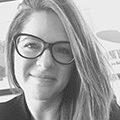

Make the most of what your career has to offer with a Masters in International Business from Hult. To learn more, take a look at our blog Hult scores in top 20 in The Economist’s Which MBA? ranking for 2019, or give your employability a huge boost with an MBA in international business. Download a brochure or get in touch today to find out how Hult can help you to explore everything about the business world, the future, and yourself.


